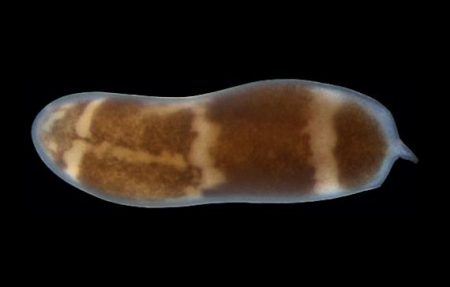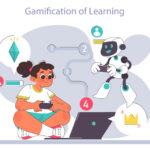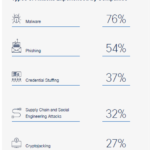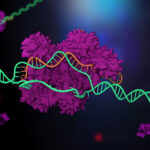March 24, 2019 – We know that some amphibians, reptiles, crustaceans, and insects all have the secret sauce to accomplish amazing feats, or do I mean “feet?” That’s because when a salamander loses a leg, or a glass snake drops its tail, both can regrow what has been lost. And if you think that those feats are amazing, consider the fact that flatworms, planaria, when cut in half can regenerate themselves to become two.
I don’t know why we get so amazed about these accomplishments by animals when plants do it with what appears to be ease. For example, I pruned a grapefruit tree that I have growing in my apartment. That’s right you are reading correctly. I have a more than 20-year-old grapefruit tree that absentmindedly was started by me when I threw two seeds from a grapefruit I was eating into a pot. And today it stands over six-feet tall next to a window in a west-facing room in our apartment where it appears to be flourishing having blossomed and formed really tiny fruit in the last year. Well that tree when pruned, and given a little fertilizer, starts leafing and branching for weeks.
Meet the Test Subject: The Panther Worm
A team of researchers at Harvard University has recently published a paper describing DNA switches they have identified that could be the key. Their test subjects were Panther Worms seen below and on the go in this video.
The Panther Worm goes by the Latin name, Hofstenia Miamia. Its home can be found in places like Bermuda, The Bahamas, Japan and even the Red Sea where it swims in saltwater ponds among mangroves and gets its name from its voracious predatory appetite in devouring live prey, mostly sea monkeys, a form of brine shrimp. The Panther Worm has been around on this planet for a long time showing its existence going back to the Cambrian Explosion over 500 million years ago when most of the existing animal life forms on our planet first appear in the fossil record.
What did researchers learn about Panther Worm DNA?
It turns out that a section of non-coding DNA, the more than 98% we used to refer to as “junk DNA” not responsible for encoding protein sequences, activates a “master control gene” that turns on Early Growth Response (EGR). It’s like this DNA is the “on switch” that signals genes responsible for growth to start doing their thing. Once EGR gets switched on a number of processes happen to lead to an amphibian regrowing a leg, or a Panther Worm, when cut in half, regrowing its missing parts.
What is the implication for humans?
In our bodies, EGR switches on from the time of conception, and in times when we sustain illness or injury. But it appears the latter EGR is not wired the same as conception EGR, which is unlike that found in the Panther Worm where its EGR continues to exhibit the same behaviour as our DNA at conception.
For Harvard scientists, the search is on to figure out whether DNA switches responsible for post-conception development are the same EGR switches used in regeneration. To succeed the scientists need to get inside the wiring cabinet of both DNA EGR processes and find out how they differ. And then they have to see if our EGA DNA can be retooled so that humans in the future are capable of even limited regeneration such as the regrowing of a severed finger or toe, or even an internal organ.
States Assistant Professor of Organismic and Evolutionary Biology, Mansi Srivastava, “It’s a very natural question to look at the natural world and think, if a gecko can do this, why can’t I? … There are many species that can regenerate, and others that can’t, but it turns out if you compare genomes across all animals, most of the genes that we have are also in the three-banded Panther Worm … so we think that some of these answers are probably not going to come from whether or not certain genes are present, but from how they are wired or networked together, and that answer can only come from the non-coding portion of the genome.”















